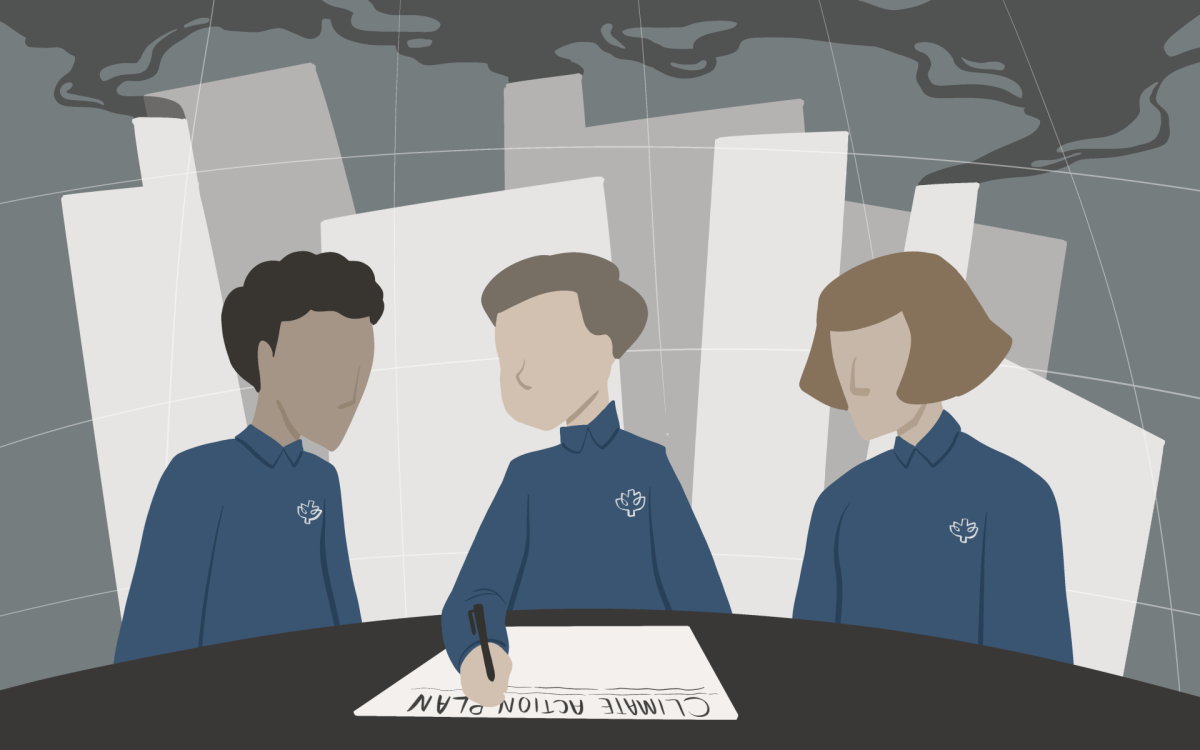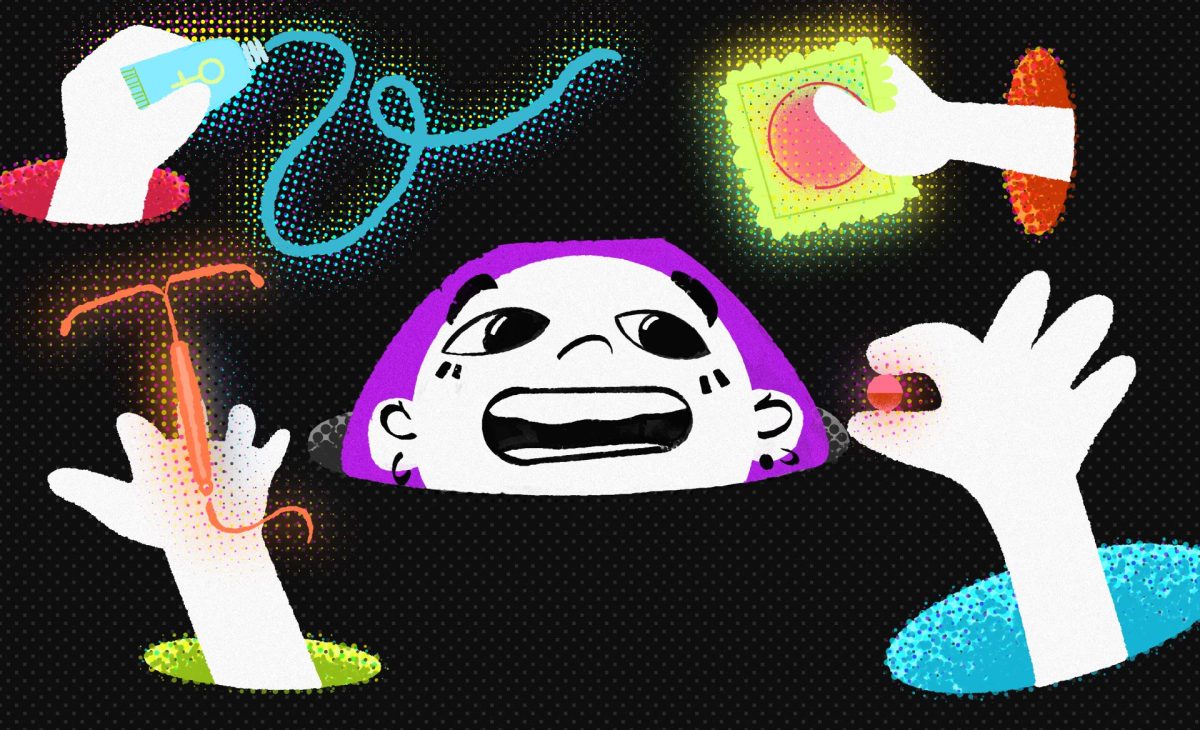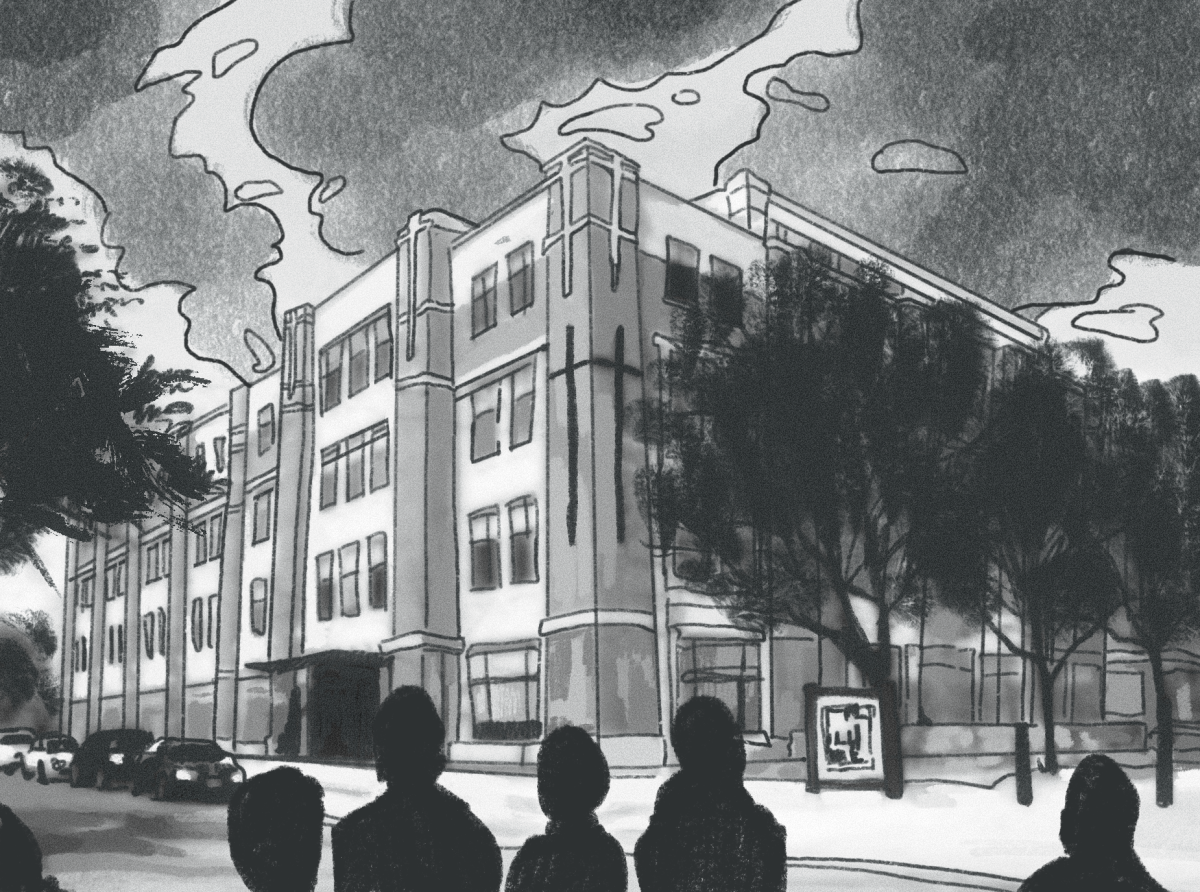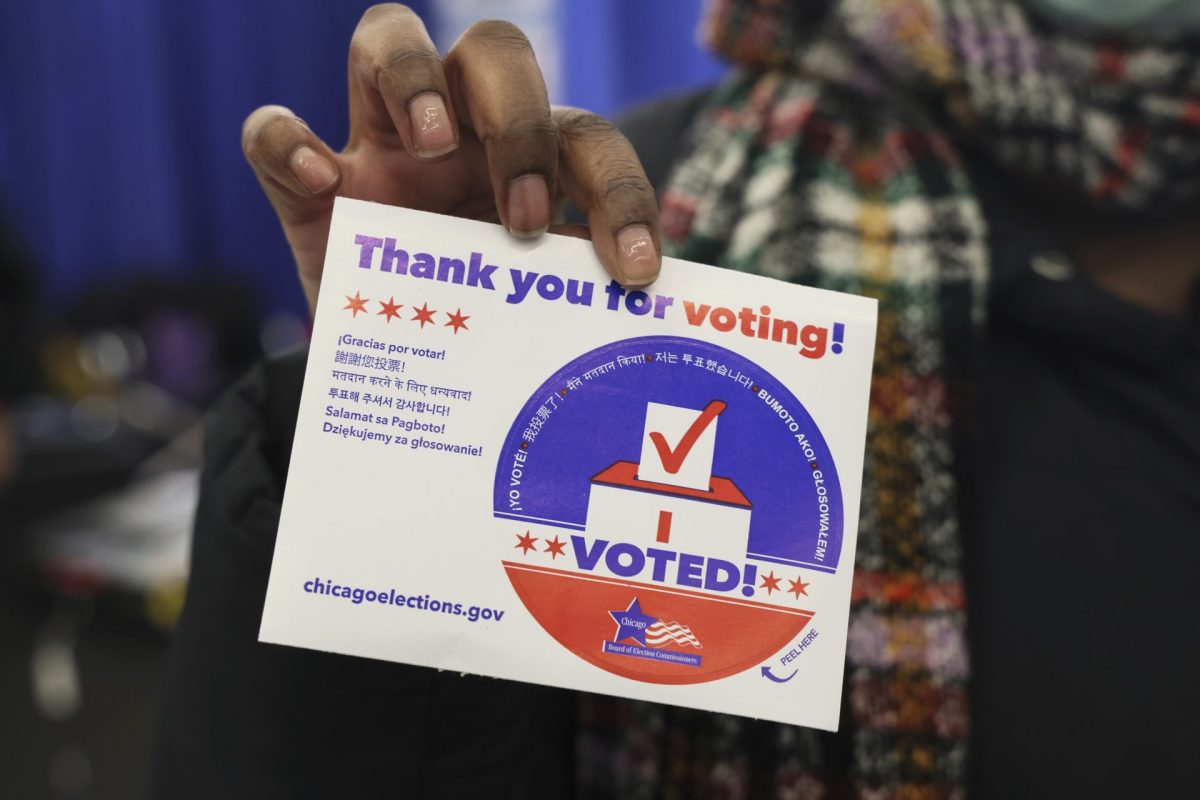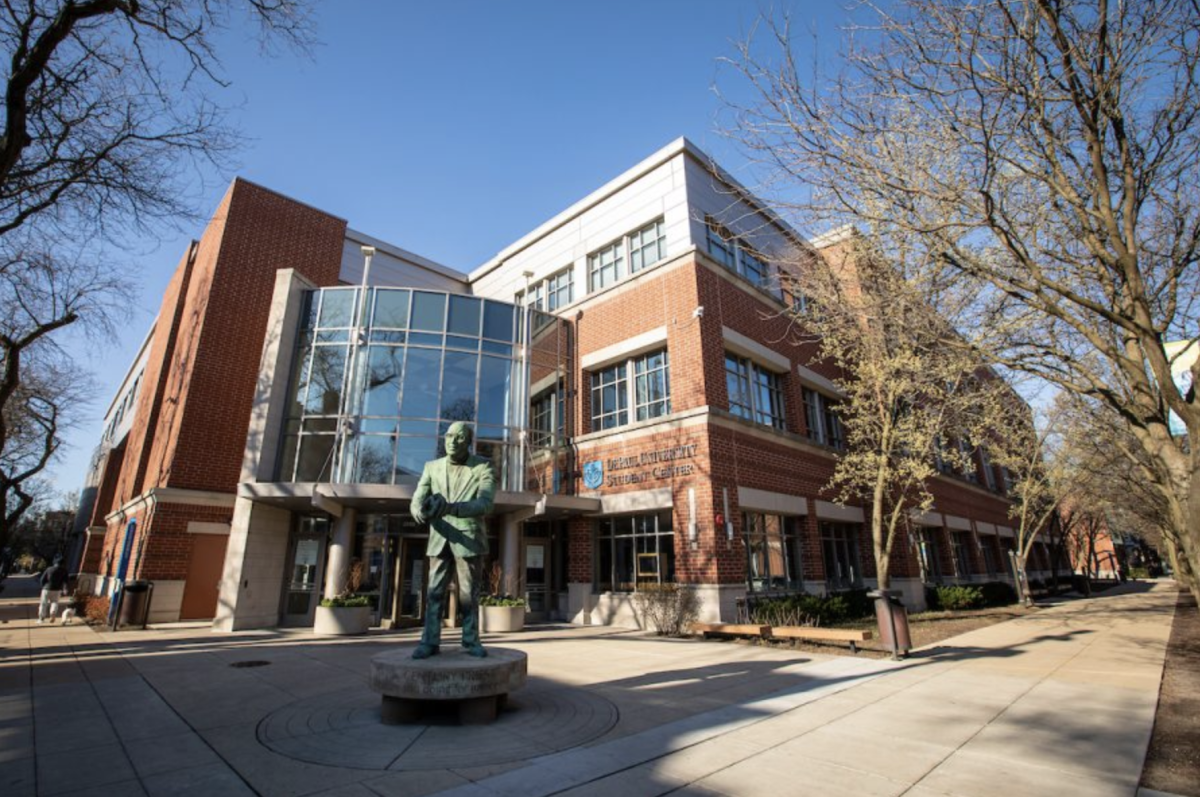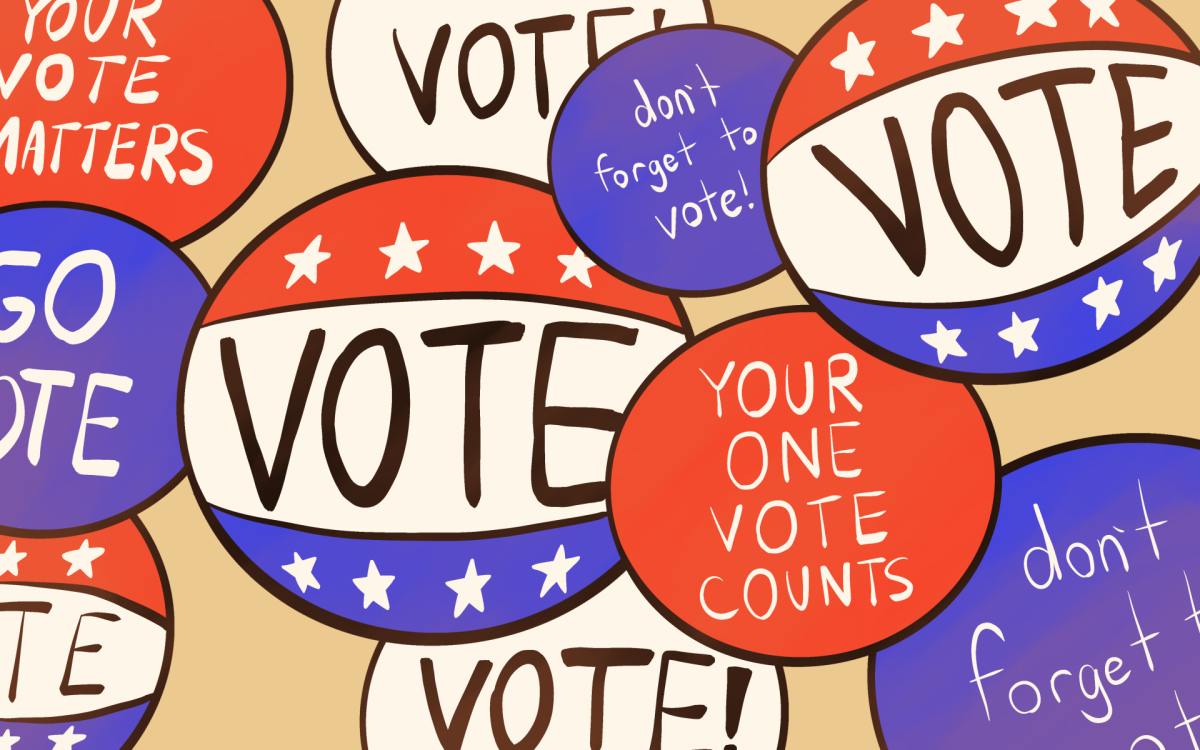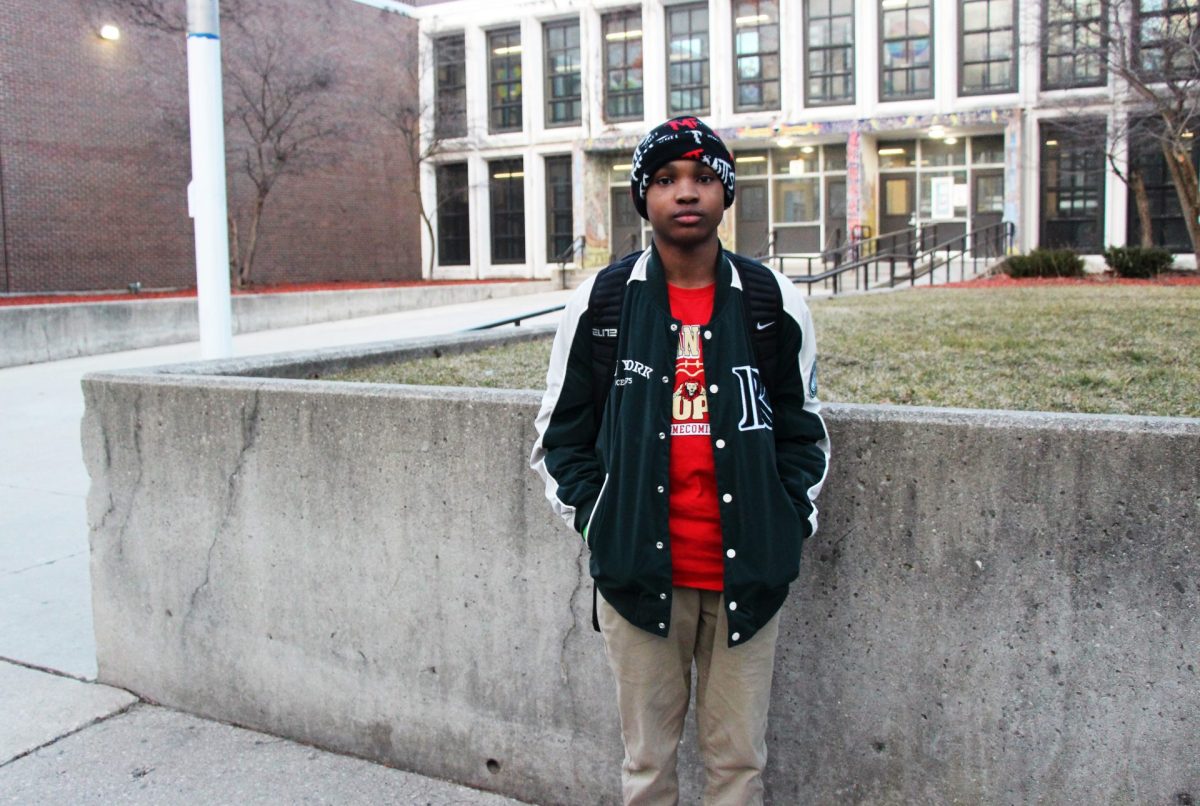As a part of Sexual Awareness Month, the DePaul Activities Board brought sex educator speaker and feminism advocate Laci Green
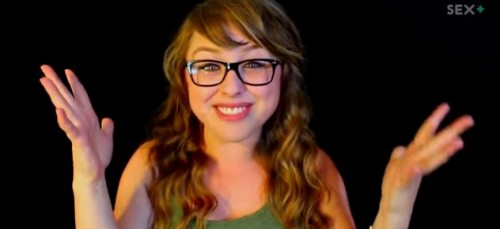
On April 20, in a packed room in the Student Center on the Lincoln Park campus, Laci Green took the podium to engage in a conversation with students on rape culture and some of its biggest issues and concerns.
Green, who reaches more than a million subscribers through her YouTube channel, has recently hosted the first MTV YouTube channel, as well as appearances on Dr. Phil. She was also featured on the BBC, The Huffington Post and Buzzfeed.
“Sexual assaults affect every single demographic you can think of. People are starting to talk about it, so it is being uncovered,” Green said.
In many college cases there is a lack of sympathy for the victims. Today 109 universities are under investigation for sexual assault cases according to the statistics shown in Green’s presentation.
“Rape culture is now the best-selling single of all times,” Green said, referring to the lyrics from Robin Thicke and Pharrel’s “Blurred Lines” that do not use consent responsibly.
Gender roles, rape jokes and especially consent, were the biggest issues that Green said all contribute to rape culture.
“Women are taught to avoid male attacks from a young age. Society puts women into categories of good and bad, where rape is the punishment for breaking society’s values,” Green said.
“We are the system, so we need to go and change systems, on a social scale. Sexual contact should always be consensual,” she said.
Using the media has evidently been a way for Green to gain support across the country for the cause.
“We’re all about the media, we are the media, and so we should be a part of the conversation,” Green said.
It was thanks to the media that two college students from DeKalb, Illinois heard about Green’s appearance and showed up on Monday night to hear more about what she had to say.
“My sister showed me the video where she talks about the 50 reasons why she is a feminist. I had just started to hear about feminism as a movement. I definitely felt related to it,” 21-year-old Cassandra Hightower said.
Hightower and her friend Katy Zapisek, also from DeKalb, have been following the YouTube star for a year now.
Zapisek, 20, heard more about feminism after Harry Potter star Emma Watson pulled out the HeForShe campaign during her speech at the UN, which got widespread support from the media in 2014
“A lot of people see feminism as something only for women, or as if you were a man-hater for being a feminist. But I think it is about quality of life and equality for people,” Zapisek said.
“It is ridiculous that we support women getting raped all around the country, —our society literally supports it — and then everyone says they would never. But it is in our brains to support it,” Zapisek said.
“Have you ever had to tell a guy that you have a boyfriend, because they would rather respect another man’s property, than respect you?” Green said.
Gender roles have become one of the biggest issues in rape culture and sex education, Green said. Green asked women in the audience how they were educated growing up to prevent rape.
In response, students called out answers like not walking alone at night, not dressing provocatively and not going out too late. Green said these answers were the result of, and rely heavily on, the phrase “boys will be boys.”
The conversation around changing this notion is one everybody can join. Political science major and DePaul student Michael Mulligan supported Green’s ideas.
“I think DePaul is big on the idea of consent. It was the first time I was ever told about consent on a real level,” Mulligan said. “I play videogames, but that gives you the opposite idea of consent. I don’t believe in what they are, but there are a lot of kids who do.”
“(Events like this) are a way to be able to passively engage. Mostly you would have (discussions about rape culture) in the smaller group discussions, but sometimes you don’t want to speak at all about your own ideas or opinions because it is scary, good or bad,” Mulligan said.
“You will be judged by not being a man if you say something bad or being sexist. It is easy to become prejudiced,” Mulligan said.
Ending the conversation on Monday night, Green issued a call to action by inviting people to spread the word. “This needs to stop. We need to take down rape culture,” she said.




